Plenty of would-be-house-sellers make an effort to spruce up their property before listing it for sale. While there are plenty of simple, cost-effective ways to make your house more attractive to potential buyers, it’s also easy to go overboard. Some homeowners end up spending thousands of dollars on upgrades, only to realize they’ll never see a profitable return on those investments.
When it comes to home improvements or renovations, not all investments are created equal. Some things will be very attractive to potential buyers, while others are actually detracting. Some renovations can actually decrease the value of your home. That’s a hard pill to swallow, especially after shelling out thousands for the initial upgrade. Here’s a handy list of home renovations that you should think twice about if you’re planning on selling your house soon. You might not get your money back.
Expanding a Garage
If your house doesn’t already have a garage, adding one can be extremely helpful. A garage can serve multiple purposes, beyond a place to park your car. You can also use it for storage, hobbies (exercise, woodworking), or even extra living space. However, building one from scratch (or expanding an existing garage) is rarely an expense you’ll get back when you sell.
The average garage expansion project will run you between $16,000 and $39,000. Some analysts suggest you’d only recoup roughly 80% of these costs when you sell the house. Even worse, if you convert your garage entirely into a home gym, art studio, or man cave, you may actually have to pay for its removal before you sell. Some people just want to park their cars inside, and nothing else.
Consider paying for smaller upgrades instead, like a new garage door or resurfacing the dull cement floor with an epoxy finish. These cost less than $5,000, giving you a much better chance to recoup your money.
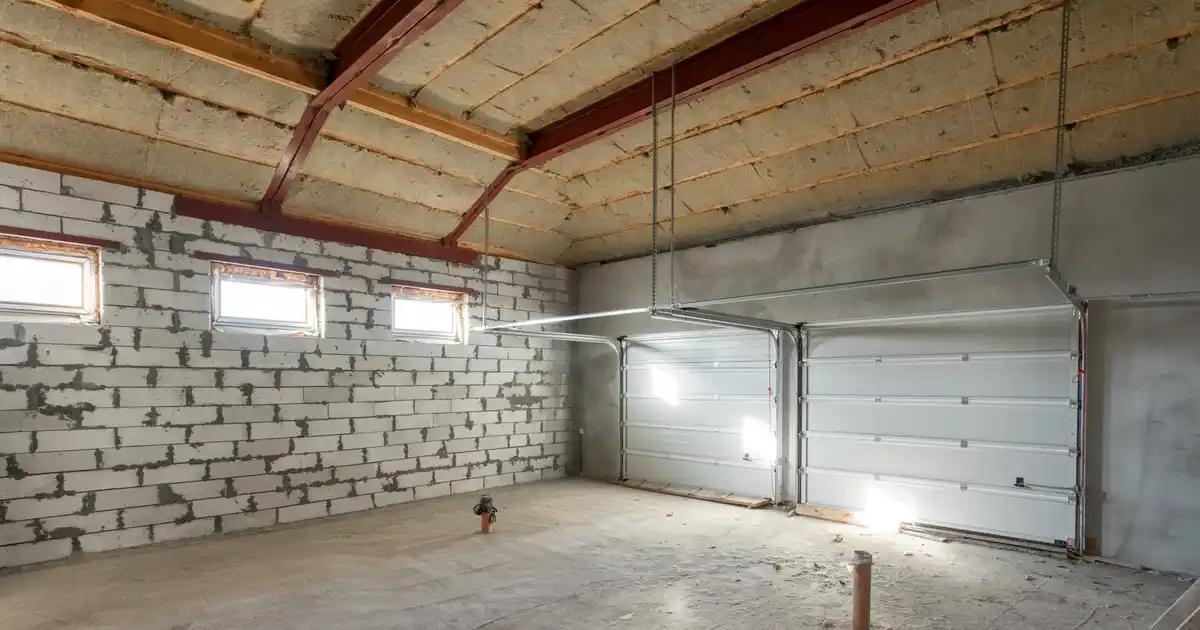 Shutterstock
ShutterstockInstalling a Sunroom
If you have a nice outdoor space like a large porch or deck, you may be tempted to take it to another level. Plenty of homeowners turn these outdoor spaces into fully enclosed sunrooms, adding screens, windows, a roof, and even piping in the HVAC system for climate control. It keeps the bugs and the rain out, and gives you a bit of extra space. But it won’t pay for itself.
Depending on your design, a sunroom can cost anywhere between $25,000 and $80,000. HomeAdvisor warns, though, that you’re only likely to get 50% of those expenses back when you list your house. So if you really want to take advantage of your property and add more functional living space, go ahead and build that sunroom. But don’t consider it a sound investment.
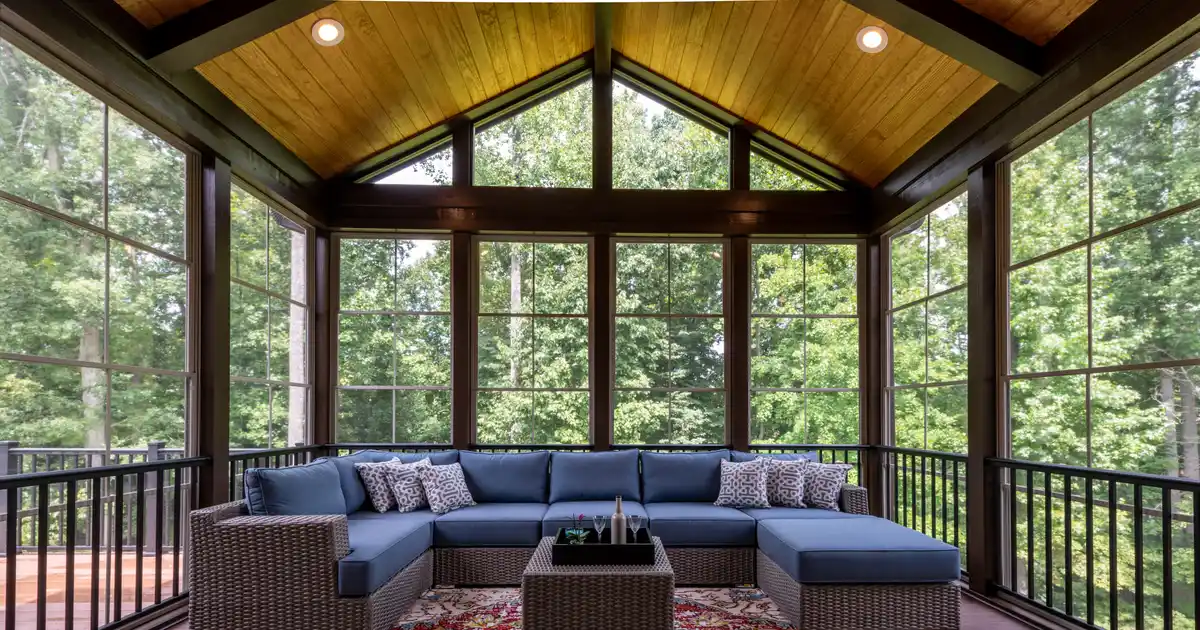 Shutterstock
ShutterstockMaking a Dedicated Hobby Space
If you have a spare room, you might be tempted to convert it into something unique. Something that is perfect for you. Maybe it’s a painting studio, home gym, or dedicated gaming room. Or maybe you go even further, creating a massive aquarium room or mini-library. All of these things are neat, but they don’t add any value to your house.
In fact, it’s incredibly likely that the next owner of your house won’t want those things. They likely want the spare bedroom to be, well, a bedroom again. Even if they have their own plan for the spare room, chances are it won’t match yours. So now they need to rip out your carefully planned activity room in order to convert it to a home office. If you plan to make a hobby space, try to fll it with accessories and equipment that are easily removed, instead of making permanent renovations.
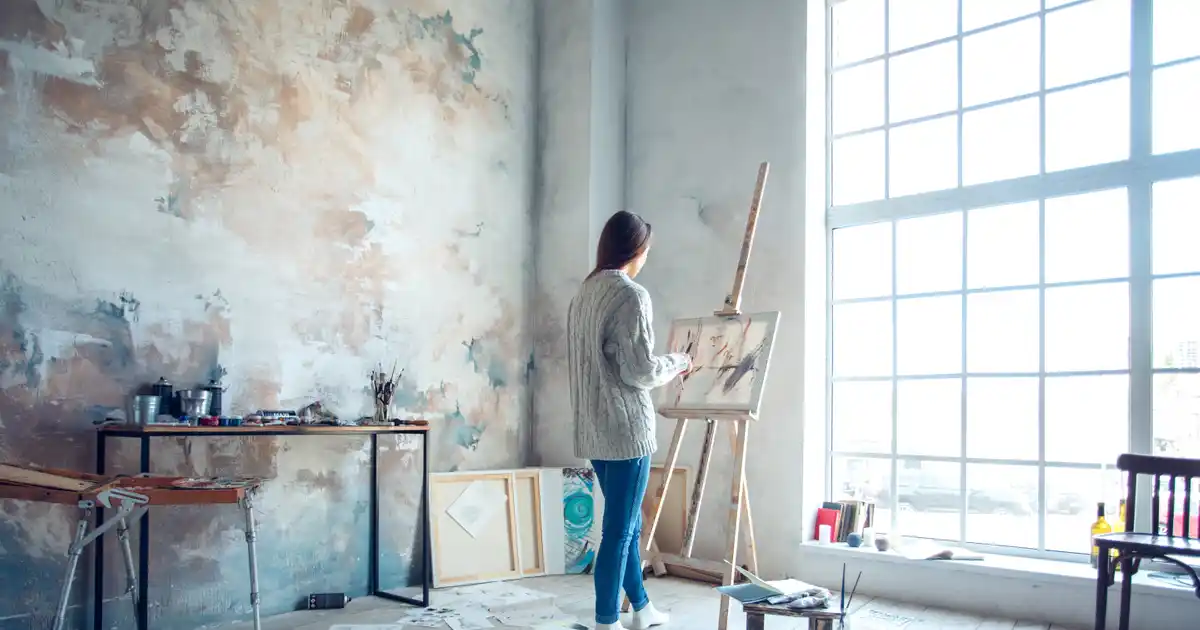 Shutterstock
ShutterstockDoomsday Prepping
This is an odd one, but it’s more common than you might think. There are a decent number of homeowners out there who take the old Boy Scout motto of “Be Prepared” a little too far. They add things like backup generators, water and air purification systems, solar panels, cold cellars, extensive gardening space to grow their own food, and even fully functional panic rooms or fallout bunkers.
Look, it’s always nice to be prepared for a power outage or bad weather. However, it can be a slippery slope from keeping some emergency supplies on hand and ending up down doomsday conspiracy rabbit holes. And as it relates to this article, there’s no real value being added to your house by adding these items. The same is true of elaborate security systems. A regular alarm and a camera or two is enough for 99% of the population.
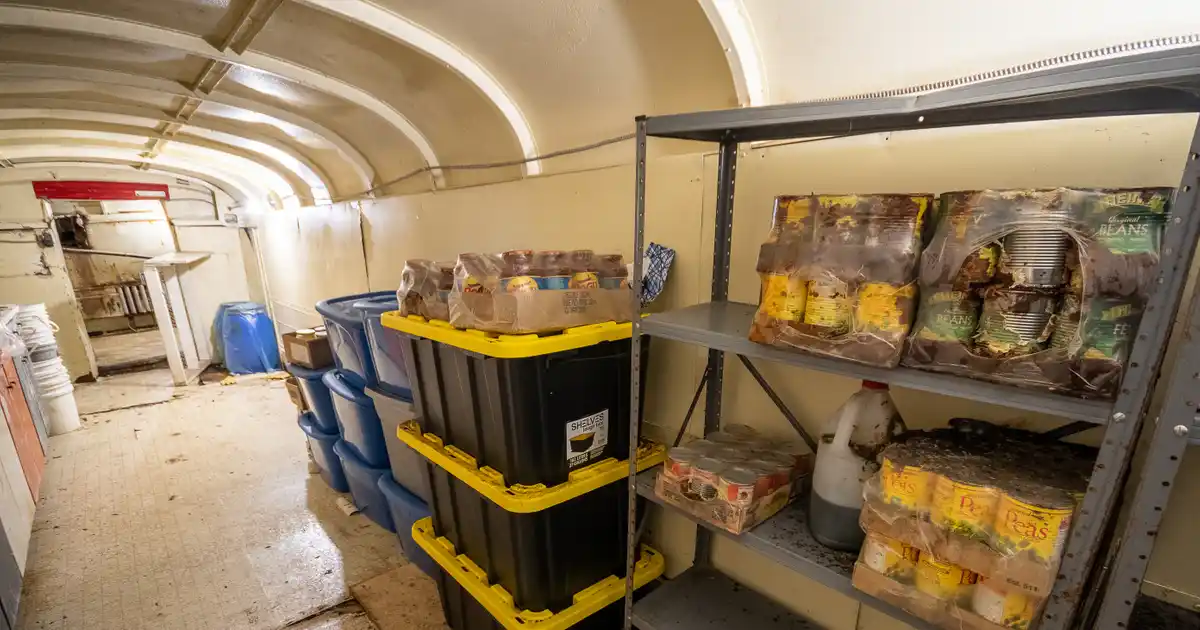 Shutterstock
ShutterstockPaying for Expensive Landscaping
You definitely don’t want the outside of your house (and surrounding land) to look shabby. Curb appeal is definitely an important aspect when it comes to selling your house. However, don’t go overboard. Paying thousands of dollars for expensive, complicated landscaping will never raise the value of your home enough to make it worth while.
Home owners can find themselves spending anywhere from $7,000 to $20,000 on advanced landscaping features. We’re talking fancy manicured bushes, under soil sprinkler and irrigation systems, elaborate water features like fountains or waterfalls, or impressive stone work. It looks amazing, sure, but it won’t boost the value of your house. Just mow and weed the lawn, add a little fertilizer, and keep a simple but colorful garden. Maybe add some new mulch. But that’s it.
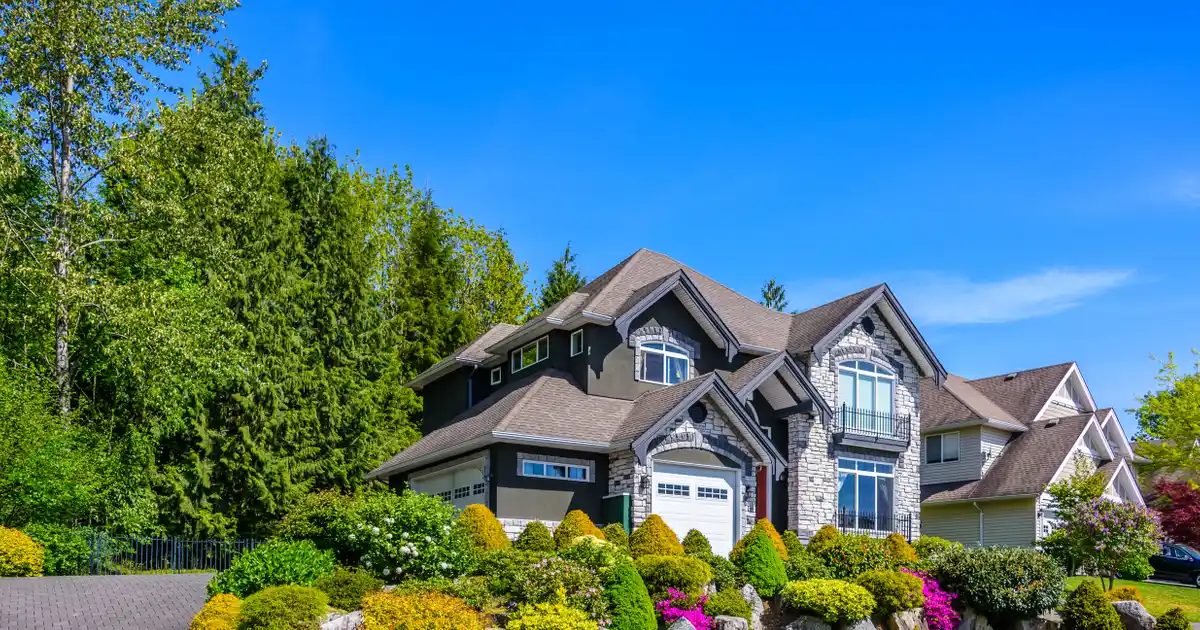 Shutterstock
ShutterstockReplacing the Carpets
This piece of advice comes with a few important exceptions. If you’re replacing old carpet because it’s frayed, damaged, or just plain filthy, then go ahead and spend the money. It’s also worth upgrading from carpet to something better, like hardwood flooring. However, if you’re tearing up old carpet to just put in new carpet? Save your money.
There’s no guarantee that your potential buyers will want the same carpet as you, in terms of color or texture. They may be planning to tear out your new carpet anyway, in favor of a different shade or installing their own hardwood. Your best bet is make sure your existing carpet is as clean as possible (hire a professional, if needed).
Alternatively, you can leave your ratty old carpet in place but make it known that you’re knocking the asking price down to accommodate. You may get a couple thousand less for your house, but you’re still saving money in the long run by not spending $5,000 or more to replace the carpets yourself.
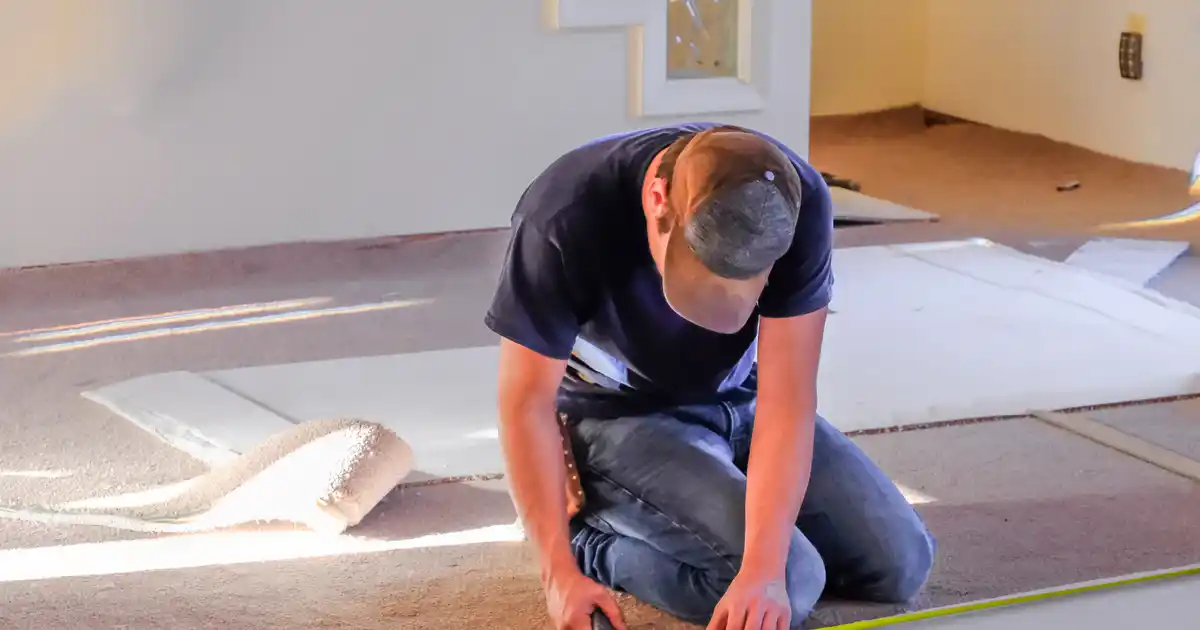 Shutterstock
ShutterstockOverdoing a Bathroom
The two most common home renovations are a kitchen and a bathroom. And before you get angry at us, we have to get one important fact out of the way — redoing your bathroom or kitchen can actually increase the value of your home before you sell it. However, that only holds true if you do it right. If you go overboard with your renovation, you’ll end up in the negative.
A simple bathroom remodel should cost you roughly $5,000. Maybe a little bit more if your bathroom looks a few decades out of place. However, replacing grimy old taps can easily slip into installing a new sink and tub too. Plus you’ll want a new countertop to match the new ceramic tile flooring. Before you know it, you’ve spent $15,000 or more. This is called “mission creep” and it can be a costly mistake.
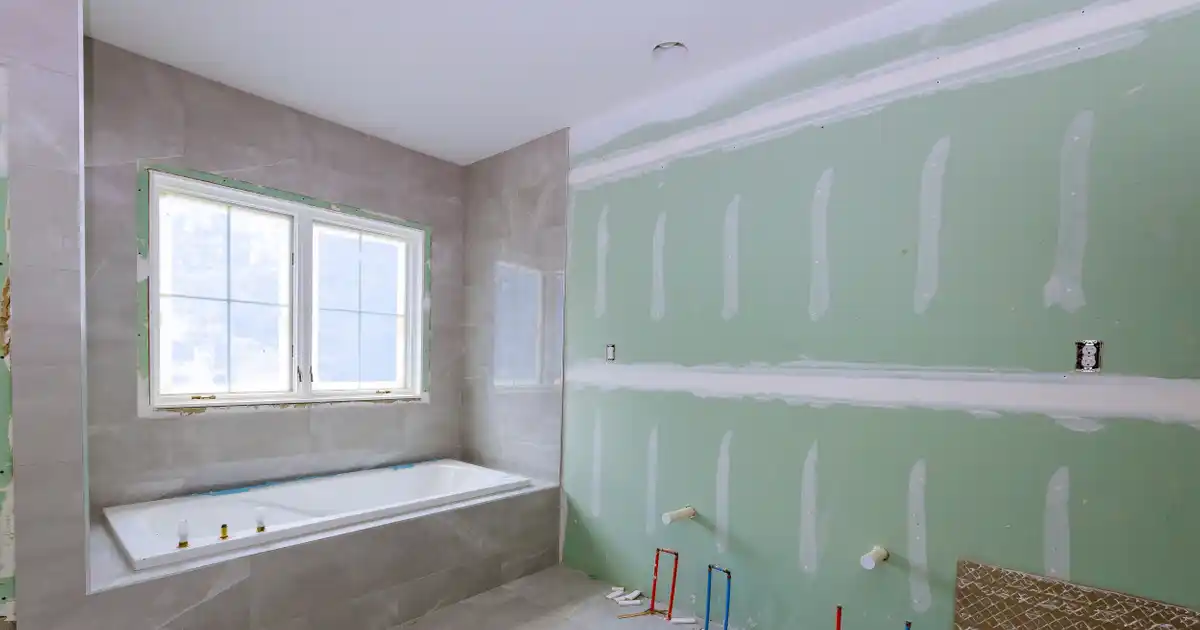 Shutterstock
ShutterstockOverdoing the Kitchen
Everything we just said about taking a bathroom remodel too far can also apply to your kitchen. When people are shopping for a new house, the kitchen is one of the biggest selling points. After all, we tend to spend a lot of time in that room. A newly renovated kitchen can actually add between 5% and 15% of value to your home. However, you need to budget carefully.
A simple kitchen remodel will cost between $10,000 and $15,000. If you’re adding all new-flooring, cupboards, and high-end appliances, the cost can easily balloon towards $50,000 or more. At that point, you need to consider the value of your house before the kitchen is renovated. Will you truly get your $50,000 back if your house is only valued at $350,000? It’s possible, but not overly likely.
Much like budgeting for a new bathroom, you need to spend carefully when upgrading your kitchen. Make sure you don’t overdo it, or you’ll end up losing money when you sell.
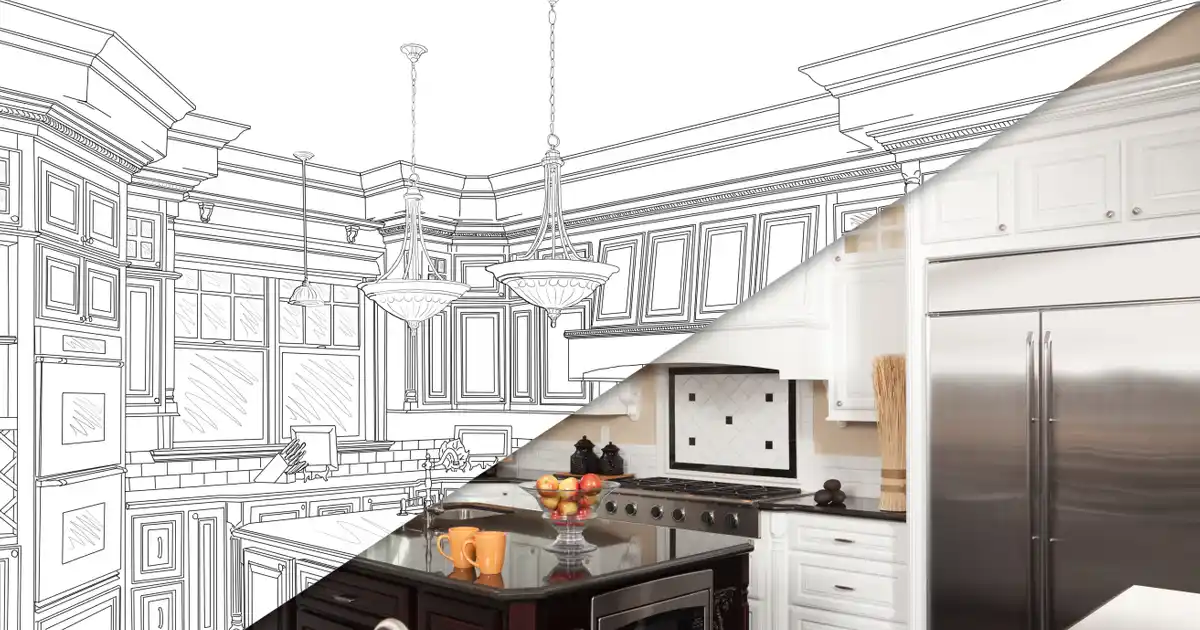 Shutterstock
ShutterstockBuilding (or Expanding) a Master Suite
You may think that sprucing up your master bedroom suite (or expanding it significantly) would appeal to home buyers. And you’d be right. A large master suite, with features like a walk-in closet and ensuite bathroom, will definitely be attractive to buyers. However, when you start to look at the costs associated with a major master bedroom renovation, the numbers don’t add up.
According to HomeAdvisor, building a new master suite can cost $140 per square foot, ranging from 200 to 400 square feet. That’s $28,000-to-$56,000 in expenses. Adding a master bathroom is another $40,000+ on its own. Even adding a walk-in closet can cost up to $10,000. In short, these upgrades are nice to have, but extremely expensive. They just won’t raise the value of your home enough to justify the cost.
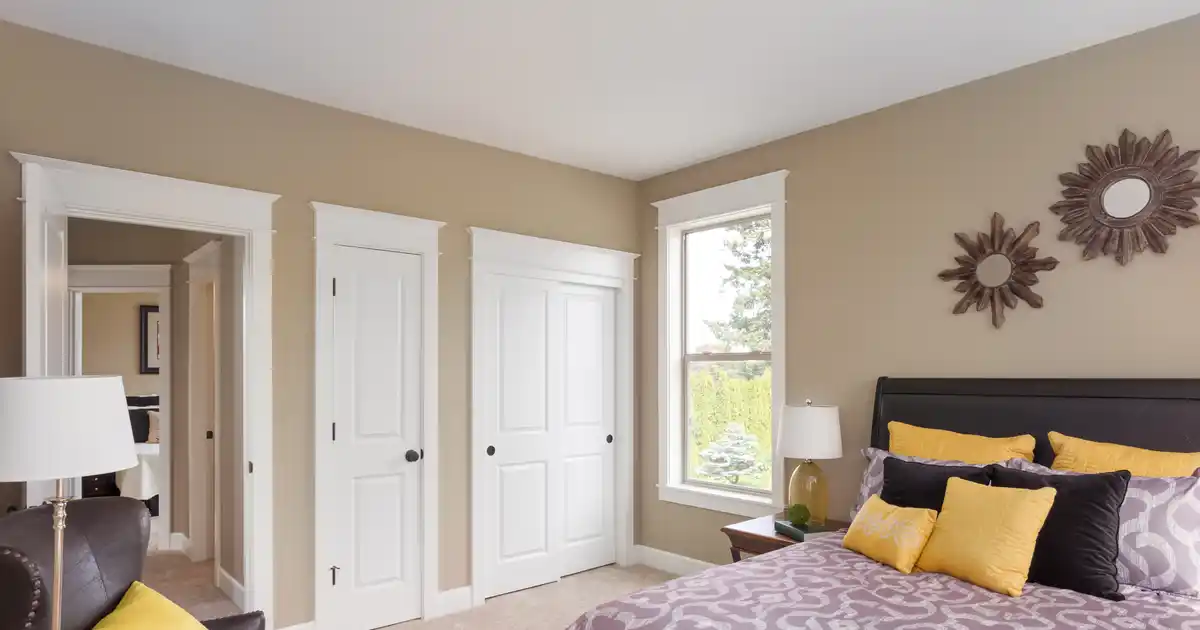 Shutterstock
ShutterstockInstalling a Pool or Hot Tub
Most people already know this, but we’re including it anyway. Having a pool and/or hot tub on your property can be awesome. It’s great for hosting, relaxation, or helping the kids cool off in the warm summer months. However, installing a pool is an extremely expensive project that will never pay for itself. That not even considering the cost of regular upkeep.
An in-ground pool can cost anywhere between $30,000 and $100,000, depending on size, features, and associated landscaping needs like a deck, patio, or fence. And while you might love having a pool, you need to accept that not everyone feels the same way. Some owners don’t want to be bothered with the constant upkeep required. Or they aren’t keen on having all the kids in the neighborhood hanging out in their backyard all summer. Plus homes with pools generally have higher insurance costs.
If you really love having a pool, go ahead and install one. Just remember that you’re spending the money so you and your family can enjoy splashing around, and not because it’s an investment in your home value — because it’s not.
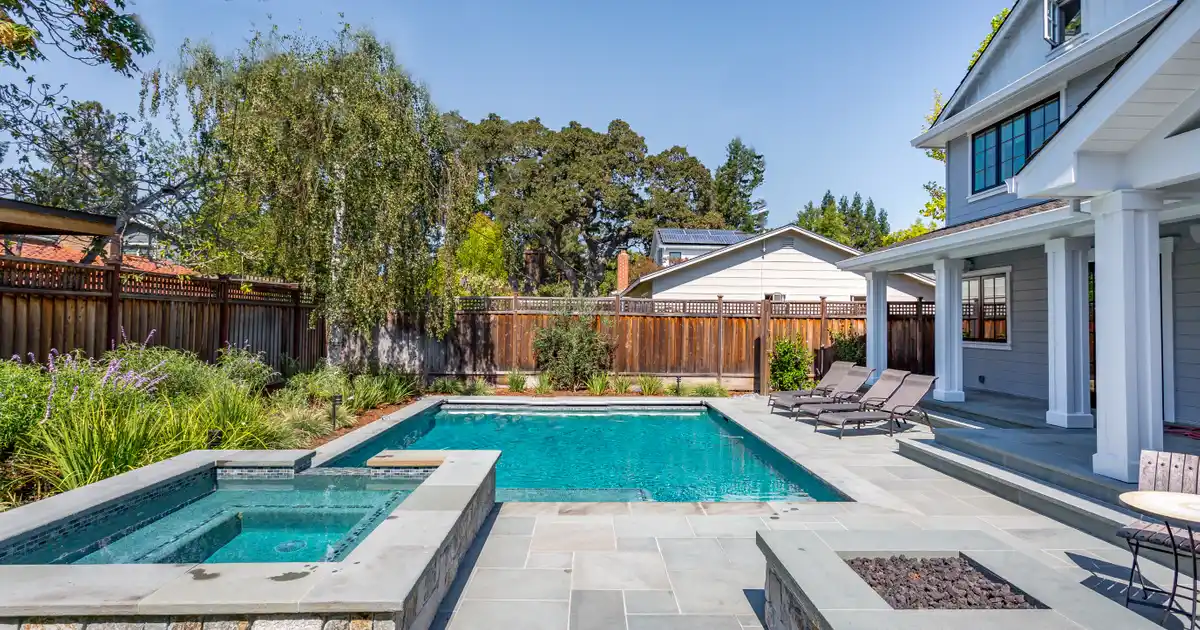 Shutterstock
ShutterstockMajor Exceptions
None of the items on this list are going to pay for themselves when you sell your house. However, we did want to bring up one important exception to this rule. Basically, you want your house to keep up with the neighborhood. In order to maintain a strong home value, your house should have roughly similar features to other houses for sale in the area.
That means if your house is the only one around without a garage, swimming pool, or sunroom, it may actually make financial sense to install one. The same logic applies to landscaping, if the rest of your block has pristine lawns and yours look more like a vacant lot. Spending a bit of money to at least keep your house on par with competing nearby listings is frequently a good investment.
 Shutterstock
Shutterstock